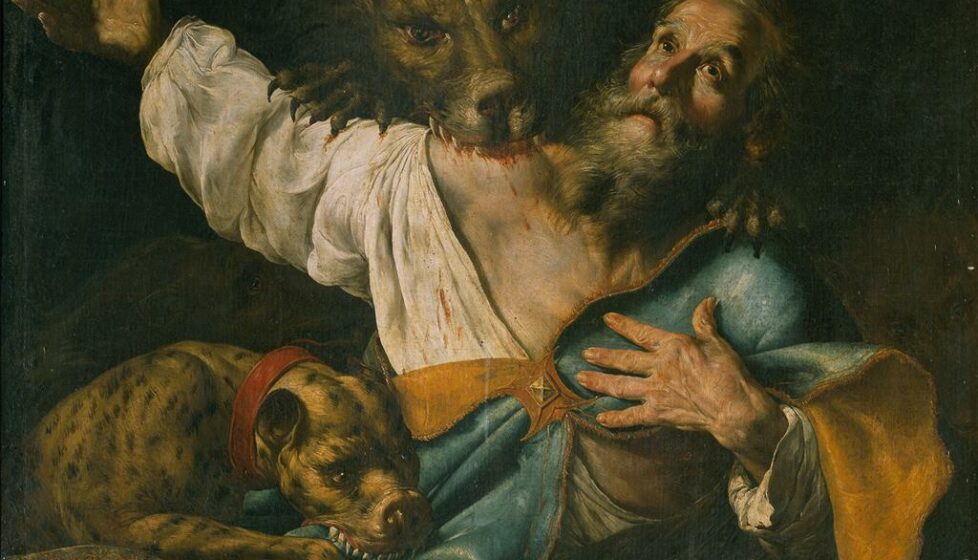Stories of Christian Martyrs: Maurice Tornay
China

Maurice Tornay was the seventh of eight children born to a
Catholic family who lived high in the Swiss mountains
near Valais. The family was united in the work required to
live and the faith they lived by. Tornay recalled his mother at the fireside telling the story of Saint Agnes, virgin and martyr. “You are virgins,” she told her children, “but to be martyrs, that’s more difficult.
You must love God more than anything else, and be ready to give your
life, to shed the last drop of blood for Him.” Young Tornay never forgot his mother’s lesson.
After secondary school, Tornay joined the Canons Regular of
Grand St. Bernard, best known for their rescue work in the Alps and
the famous Saint Bernard dogs they breed and train as “assistants.” As
Tornay progressed, the Canons were asked by the church to send missionaries accustomed to living at higher elevations to begin evangelizing people in the Himalayas, or “the Asian Alps,” as they were called in Europe. Tornay volunteered, but he was kept back until surgery cured an ulcer. In 1936 he arrived in Weixi Province near the Tibetan border, where he finished theological studies, learned Chinese, and was
ordained a priest. Tornay wrote: “And now I’ve almost made a world
tour. I’ve seen and felt that people are unhappy everywhere, and that
real happiness comes in serving God. Really, nothing else matters.
Nothing, nothing.”
Work on the China-Tibet border, difficult on any day, was made
more dangerous by the invasion of Japanese forces in 1939. Tornay was
in charge of a boy’s school, and every life need—food, clothes, heat—was
in very short supply. Add to that the antagonism of local Buddhist lamas,
especially one Gun-Akhio, who sensed that missionaries would erode
his power base. Gun-Akhio was not averse to using threats and force against the foreigners.

In 1946, Tornay was made priest of the Yerkalo parish in southeast
Tibet. Only days later forty local lamas broke into the priest’s residence,
looted it, and at rifle-point, forced Tornay out of town. He went to Pame
in Yunnan Province, China, to provide whatever help he could for
his people—prayer, correspondence, comfort, and care for the sick that
made their way to him. By May he was sure that the risk of returning
was less than the risk of waiting further. “Leave a parish without a
priest… and the people will be worshipping animals,” he said.
At the edge of Yerkalo, Gun-Akhio waited. Again Tornay was kept
out of his parish. By now, however, he had a plan: a direct appeal to the
Dalai Lama for permission to conduct his mission, for religious tolerance
rather than belligerence and intimidation. Tornay began the two-month
journey to Lhasa, Tibet’s capital.
But Gun-Akhio had his agents, and Tornay could not make a move
without his knowledge. The lamas intercepted Tornay’s caravan and
forced him to retreat. On August 11, at the Choula gorge near the Chinese border, Tornay was ambushed and shot along with his companions.
Chinese authorities eventually convicted members of the Karmda lamasery for the killings.
Maurice Tornay had written as a teenager, “Death is the happiest day
of our lives. We must rejoice in it more than anything, because it is our
arrival in our true homeland.” Tornay, the priest who rarely walked on
level ground and never served a day in comfort or ease, was finally home.
This story is an excerpt from Foxe: Voices of the Martyrs. You can get your own copy free with any donation to The Voice of the Martyrs.



 Guide
Guide